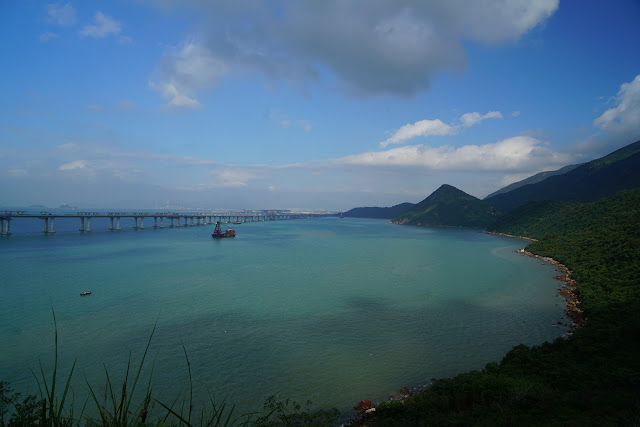"For what is time? Who can readily and briefly explain this? Who can even in thought comprehend it, so as to utter a word about it? But what in discourse do we mention more familiarly and knowingly, than time? And, we understand, when we speak of it; we understand also, when we hear it spoken of by another. What then is time? If no one asks me, I know: if I wish to explain it to one that asketh, I know not: yet I say boldly that I know, that if nothing passed away, time past were not; and if nothing were coming, a time to come were not; and if nothing were, time present were not. Those two times then, past and to come, how are they, seeing the past now is not, and that to come is not yet? But the present, should it always be present, and never pass into time past, verily it should not be time, but eternity. If time present (if it is to be time) only cometh into existence, because it passeth into time past, how can we say that either this is, whose cause of being is, that it shall not be; so, namely, that we cannot truly say that time is, but because it is tending not to be?"
Time seems a most elusive concept. It never stays. For the moment you speak of it, it's either already past or not yet come into being because it's n the future, which seems a point forever running ahead of us. And our past too seems forever running away from us, receding further and further into the past and little remains of it except those unreliable traces of it in our fading memory.

The Bauhinia doesn't bother itself with Augustine's self-inflicted mental torture about the exact nature of time.

It continues to bloom, whenever it can find a spot in space and in time.

It spreads out its glory in the sun.

It turns its face always towards the sun.


whatever colors they make, they take on.

There are shadows of course.

and there are beautiful translucence

The bunyan tree too, does not wrack its brain over time. It merely hangs out its air roots in the surrounding air and when they touch ground, they grip it firmly and turn themselves into roots.

Nor does this tiny mushroom, intent only on spreading out its shell like body which serves both as its stem and its leaf from which it generates and dissipate its tiny globule like seeds.

Plants are only interested in growing, nd bearing fruit or seeds and then wither away

For this purpose, they carefully deck themselves out in those wonderful shapes which we call "flowers".

They may spiral out their petals a bit at a time

They may hang their flowers and their seeds in slender strings. They don't feel the need for any barrier

quite unlike man, who has to surround themselves with fences

and secure their meshed gates with locks and strings.

Man is a natural predator and destroyer: he destroys so that he may live. But sometimes, one wonders whether they need to destroy in such quantities for such protracted periods of time.

They can't wait until they decay in the course of time

They fancy that they can stop the flow of time, the way they can dam up a river or a stream

Unlike men, who think they can make time last longer and extend their lives forever by inventing the notion of an everlasting "heaven" where there is nothing but bliss and happiness and if they have not lived according to the dictates of their priests, will suffer forever in a horrible place called "hell", even tiny flowers know that they must unfold in time and also pass away in time, without any fuss.

They just enjoy such time as Nature sees fit to allow them and each grow in the fashion most conducive to their reproducing the form of life of which they are its current embodiment

In time, their fruit ripen, the flesh of their fruit turns soft and eventually, their seeds fall to the ground and when the conditions are right, they sprout new forms of life.

Their fruit may take all kinds of form.

just like their roots.

Man benefits from what the trees and plants produce

They all share the same earth, the same water supply, the same sunshine and each grow in their own space.

They put out beautifully colored flowers

and in the middle, they support what makes all future life possible, their stamens.

Flowers can grow on any part of the plant's body. These prefer to cluster their tiny flowers into a flat platform

This one prefers to grow alone at the tip of the bush

These prefer to put them below their leaves

These prefer to sway in the winds.

These grow on the banks of the tiny streams

Some prefer to climb above the surface of dead branches

Some can grow on even the hardest surfaces.

But only man does conscious planning.

They build huge bridges, costing billions of dollars

across the seas and bays

They build houses for themselves

and temples for their gods

Would their gods listen to their prayers for everlasting happiness and failing that, their happiness on earth?

Whether
the gods do or not, they can always keep on hoping, letting their
aspiration rise up, like a jet stream towards the furthest corners of
the skies, where exists what they think is the abode of the gods, irrespective of whether such gods really
reside there or even whether they really exist or whether they merely do so in
man's imagination.
沒有留言:
張貼留言